

Empiricist Approach ...
Empiricist Approach to Some Philosophical Problems
Modernism and Post-Modernism by: Alpana ChakrabartyThe book carefully examines and analyses the empirical tradition from different angles and concludes that modern and post-modern philosophy is actually a development from rationalism to empiricism, from the viewpoint of Francis Bacon, Thomas Hobbes, John Locke, George Berkeley, David Hume, John Stuart Mill, Edmund Husserl, Bertrand Russell and Ludwig Wittgenstein.
Original price was: ₹750.00.₹675.00Current price is: ₹675.00.
ISBN: 9789392443152
Year Of Publication: 2024
Edition: 1st
Pages : xvi, 184
Bibliographic Details : Bibliography, Index
Language : English
Binding : Hardcover
Publisher: Suryodaya Books
Size: 23
Weight: 600
“This book is an attempt to give a historical account of the development of the empirical thoughts. It discusses issues related to the sources and the methods of knowing and highlights the views of the prominent empirical philosophers such as Thomas Hobbes and Francis Bacon up to Wittgenstein and the logical positivists. It takes up the issues related to the universals and inquires “Is there anything that is universal?” and if so, “Is universe knowable?”. The nominalist views of Thomas Hobbes and John Locke are taken up to establish the empiricist claim that “universals cannot exist without the particulars”. The important question “How do we determine the criteria of personal identity?” is taken up by John Locke and David Hume. Locke’s view that, “it is the same consciousness which constitutes personal identity”, but Hume rejects the idea of the permanent self. The criticisms for and against Locke and Hume are discussed herein in detail. The Berkeleian idealistic position that “only ideas of the mind are real” and the phenomenalistic position of Kant that “sense perception exists even when the object is not present in front of the perceivers eye” have both supportive and counter arguments which are discussed in detail. A critical analysis of Kantian theory of knowledge with the help of the two dogmas of empiricism has also been discussed.”


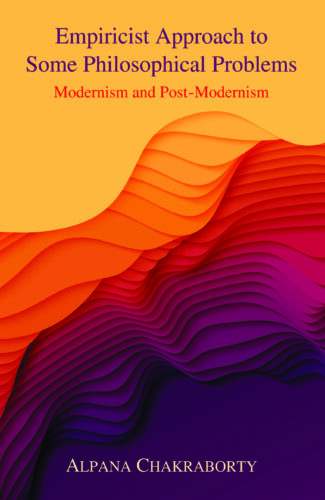



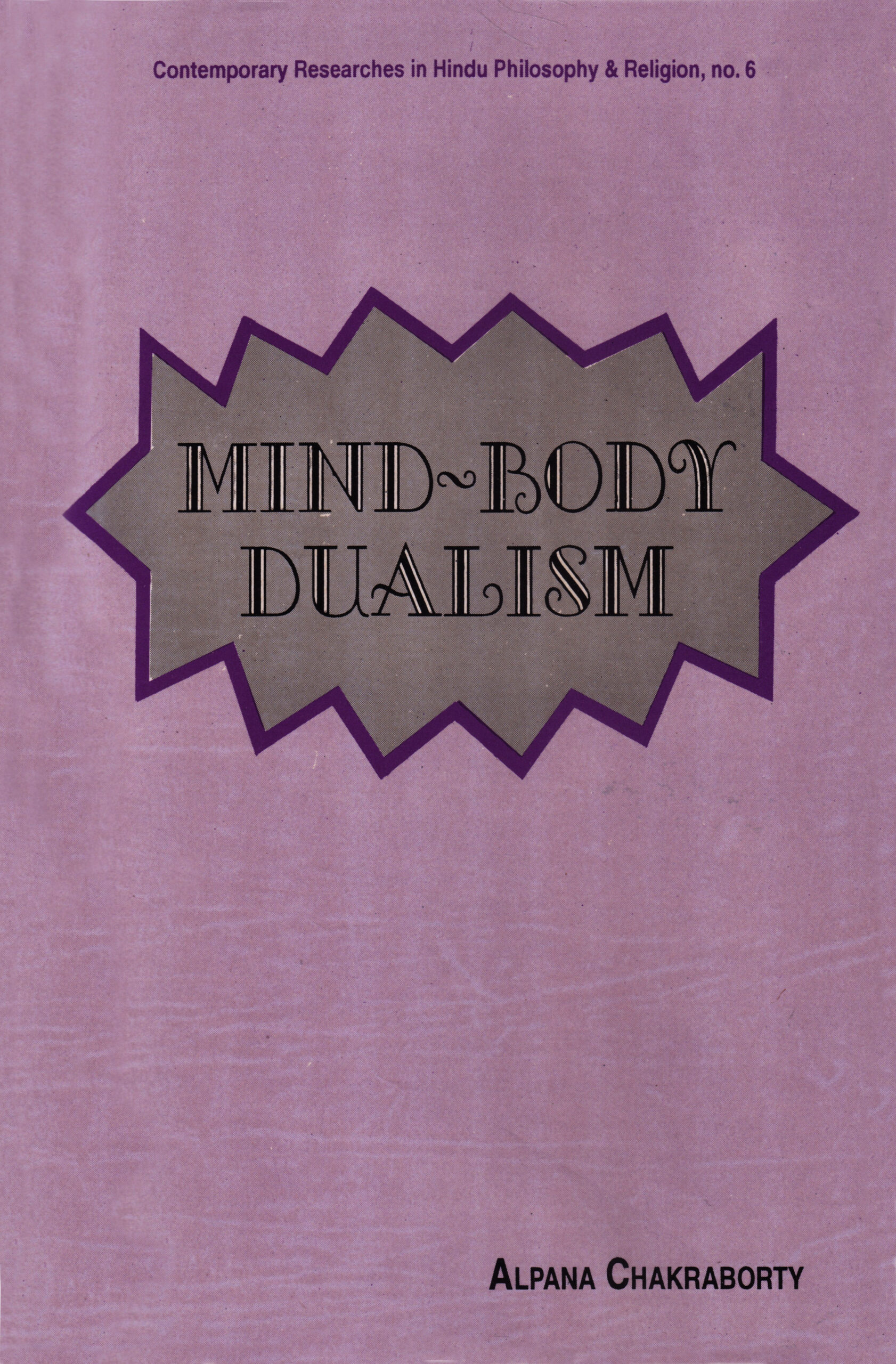

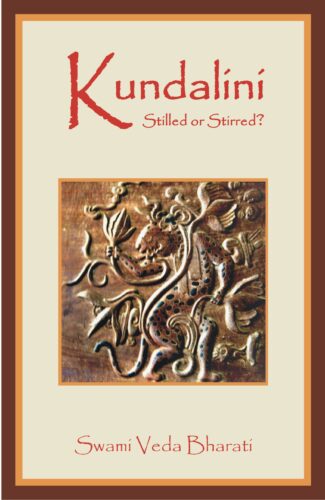
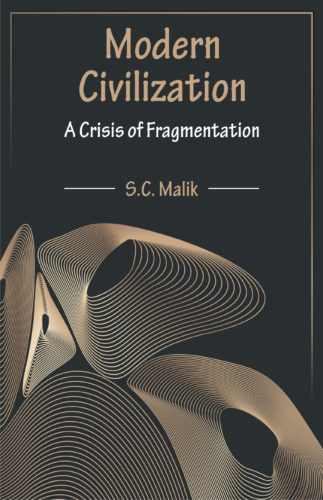
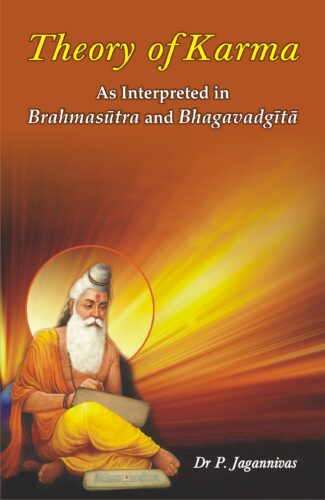
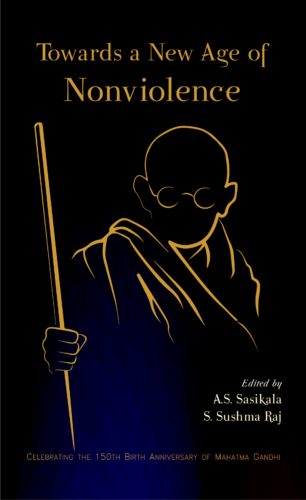
There are no reviews yet.